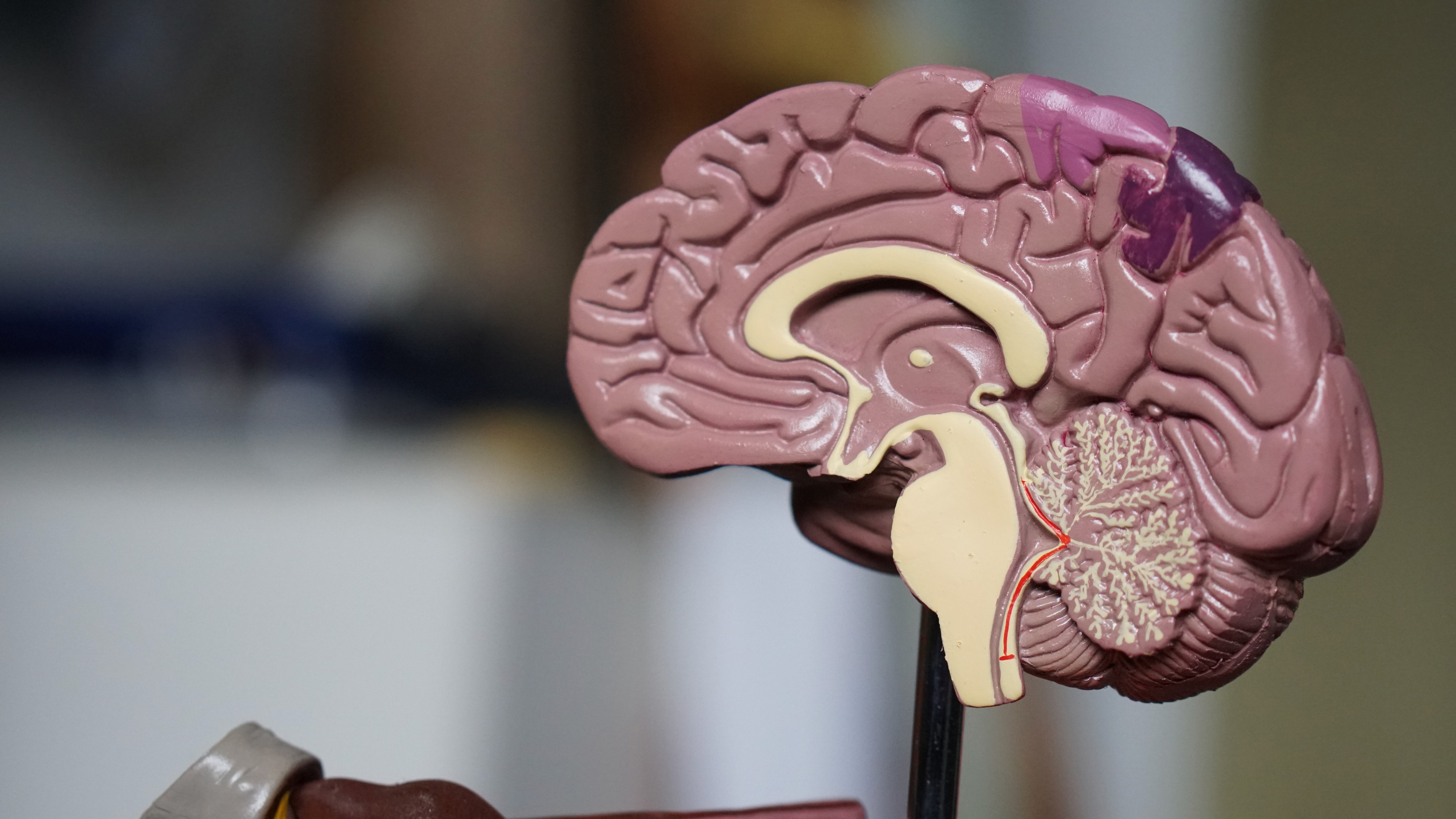Cognitive Advantages of Organized Note-Taking
Dec 12, 2023

Within the expansive and ever-evolving sphere of education and the process of learning, the methodical and structured practice of taking notes has been universally acknowledged as an indispensable instrument that significantly amplifies the cognitive processing cycle. It's an open secret, backed by numerous scientific studies, that the complex human brain, despite its remarkable capabilities, tends to forget almost 40% of the newly acquired information within the first 24 hours of learning it. This startling fact underscores the profound significance of note-taking. It's not just a simple academic exercise, but rather a potent tool that plays a pivotal role in shaping and enhancing our cognitive learning process, helping us retain and recall information more effectively.
The Connection Between Note-Taking and Memory Retention

The practice of taking notes by hand, rather than using digital methods, has been shown to lead to a more profound comprehension of a subject or specific piece of information. This is largely due to the fact that it necessitates a higher level of cognitive engagement from the learner. A multitude of studies from various fields and disciplines have underscored the beneficial impact that this method of note-taking has on the retention of information in one's memory.
Cognitive Engagement and Memory
The act of taking notes, a fundamental aspect of the learning process, necessitates that the learner actively engage with the study material at hand. This is not a passive activity, but rather one that requires personal investment from the learner. The significance of this personal investment in the process of note-taking cannot be understated, as it has a profound impact on cognitive learning. This is primarily because it necessitates the learner to critically think about the material being studied, to make informed decisions about what information is crucial and needs to be captured for future study and review. This critical engagement with the material often leads to the generation of questions. These questions, in turn, can be raised, thoroughly answered, and subsequently reviewed during the course of the learning process, thereby enhancing understanding and retention of the material.
Evidence from Research
Research published in the American Journal of Psychology in 2011 suggests that engagement with study material, such as through the note-taking process, offers great benefits and improves performance. Another study published in the Journal of Social and Behavioral Sciences suggests that note-taking supports the brain's capacity to retrieve information and is an excellent tool for enhancing embodied cognition.
Strategies to Optimize Note-Taking for Information Retention

The practice of note-taking serves as a catalyst in the learning mechanism, actively engaging the cognitive learning process of an individual. This process is crucial for understanding and retaining information. To enhance this process, here are a few carefully selected strategies that can be employed to optimize your note-taking skills and significantly aid in the retention of information.
Breaking Down Information
Our short-term memory has a limited capacity and can store not more than seven items of information at a time. However, you can increase its capacity by breaking down a large piece of information into smaller ones. For instance, instead of writing a long single paragraph for your notes, you can divide that paragraph into bullet points, and it will stay in your memory for a longer time.
Use of Mnemonics
Mnemonics, those handy memory aids, are incredibly beneficial if you're aiming to recall any sort of information in a specific sequence. By incorporating the use of keywords, acronyms, and even words that rhyme into your note-taking process, you can significantly enhance the duration of your information retention. This method not only helps in retaining the information for a longer period but also boosts cognitive learning, making the process of understanding and remembering information much more efficient and effective.
Use of Visual Cues
Incorporating visual aids into your note-taking process, such as diagrams, a variety of colors, and even simple doodles, can significantly enhance your ability to retain and recall information. Techniques that leverage visual cues, such as the practice of mind-mapping and the creation of sketchnotes, have been proven to be highly effective methods for taking notes and improving memory recall.
Revision and Logical Association
Studies have shown that around 66% of the information could be forgotten if not revised again. Also, while working on your handwritten notes, try to create a logical association with something, whether a place, image, or even a person. This sequence of association will aid in better memory and improve logical thinking as well.
Digital Note-Taking

Embracing the practice of digital note-taking not only keeps us in step with the latest advancements in technology but also conveniently provides a plethora of learning and writing tools all consolidated in one place. By utilizing note-taking applications like Noteshelf, you're given the freedom to select any page template that suits your preferences and needs. Whether you prefer ruled, dotted, or plain templates, these options are readily available to you, thereby enhancing the effectiveness of your note-taking process.
Conclusion
In conclusion, it is important to underscore the fact that the act of taking notes is an absolutely integral part of the learning process. It serves as a crucial tool that significantly enhances the retention of memory and facilitates cognitive learning. Whether it's employing the use of mnemonics, a technique that aids memory, or breaking down complex information into simpler, more digestible parts, or even using visual cues to stimulate recall, effective note-taking strategies can have a profound impact. They can significantly improve your ability to recall information and understand it on a deeper level. These strategies are not just beneficial, but essential for effective learning and information retention.
Frequently Asked Questions
1. What is the role of note-taking in the learning process?
Note-taking is a powerful tool in the learning process. It helps in breaking down large chunks of information into digestible bits, which aids in better understanding and retention of the information.
2. What are some effective note-taking strategies?
Some effective note-taking strategies include breaking down information into smaller chunks, using mnemonics or visual cues, and revising the notes regularly.
3. How does digital note-taking aid in learning?
Digital note-taking provides various learning and writing tools at one place, making note-taking faster and more organized. It also offers sharing and backup options to keep your work safe.
4. How does note-taking enhance memory retention?
Note-taking enhances memory retention by actively engaging the learner with the study material. It involves thinking about the material to decide what needs to be captured for later study, which helps in better understanding and remembering the information.

By making use of the correct and suitable strategies for the task of taking notes, and combining this with a firm and unwavering commitment to the process of revising on a consistent and regular basis, you hold within your grasp the potential to significantly boost and enhance your ability to recall intricate details and understand complex information. This is a power that should not be underestimated. Therefore, the next time you find yourself situated in the environment of a lecture hall, with your attention fully focused on the speaker, or perhaps you are completely engrossed in a book that has captured your interest, remember to reach out for your reliable notebook. With this tool in hand, you can begin the important process of jotting down key points and ideas that stand out to you. This is a practice that can greatly aid in your understanding and retention of information.


